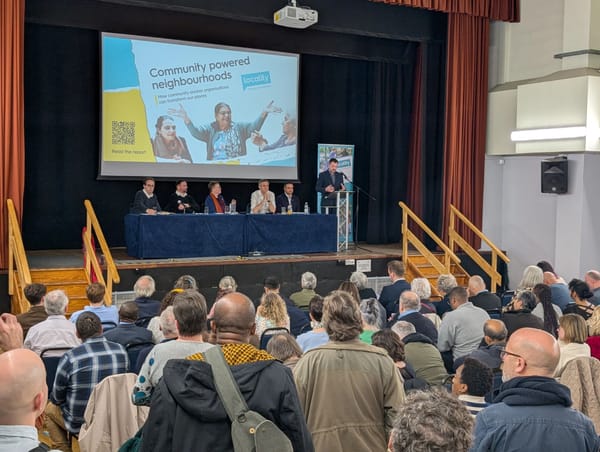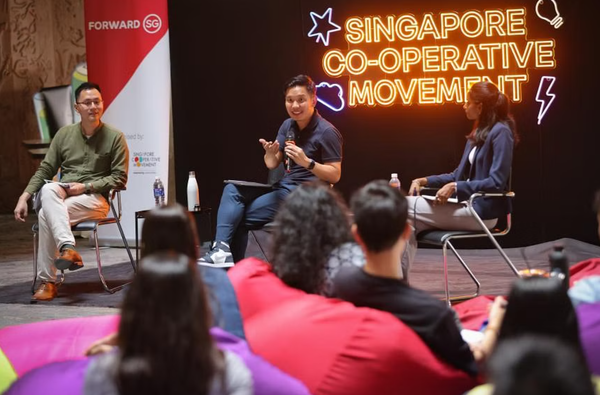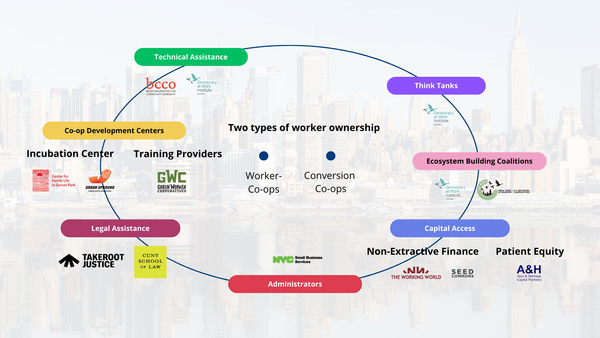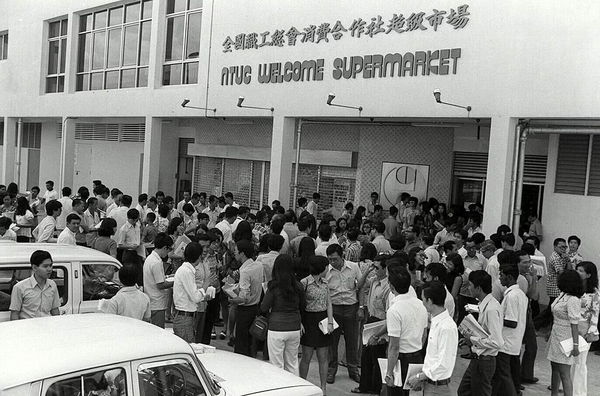The Dreams of Singapore’s Migrant Workers—And How We Can Help Realize Them
What dreams do migrant workers in Singapore have beyond building our city? This article explores their aspirations, challenges, and how we can better support their future.
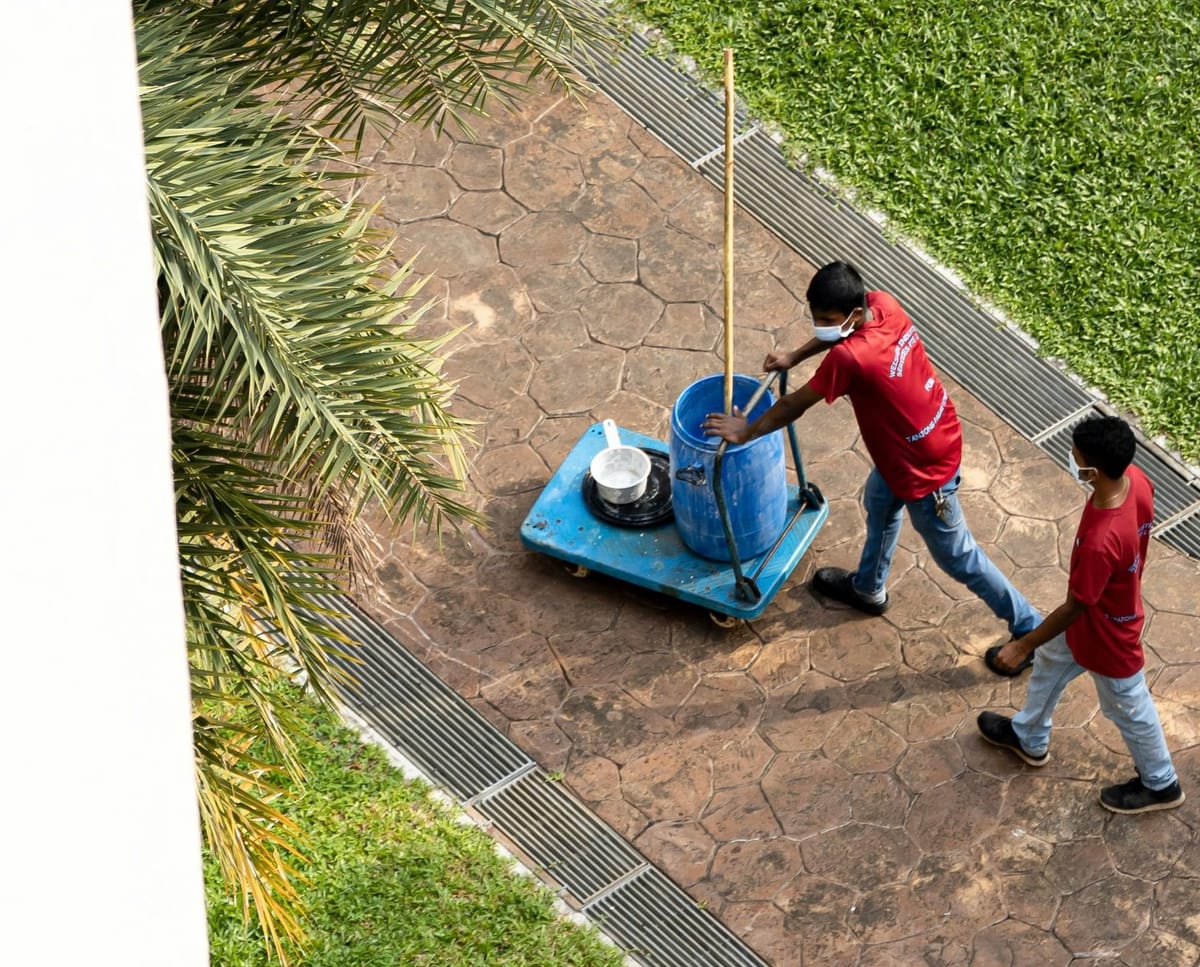
This article was written on the go, please excuse its brevity and any spelling or grammatical errors.
Last month, The Majurity Trust (TMT) released its Building Better Together report, a follow-up to its 2020 Building Bridges study on public perceptions of migrant workers. This latest report shifts the focus from how Singaporeans see migrant workers to how migrant workers see themselves—their unmet needs, aspirations, and goals.
Migrant workers are not just a part of Singapore’s workforce; they are 7% of our population. Nearly half a million men live and labor in the shadows of our skyline, laying the foundations of our homes, roads, and office towers. They build the very city we navigate daily, yet their voices are rarely heard. This study, facilitated by Research for Impact with support from Woh Hup (Private) Limited and HealthServe, sought to change that.
The research was conducted in two phases. First, an online survey captured insights from 473 migrant workers in the construction, marine shipyard, and process (CMP) sectors. In the second phase, three focus group discussions were conducted in Bengali, Tamil, and Burmese. The transcripts were later translated and analyzed to deepen the understanding of their lived experiences.

The findings from this study will shape the future direction of TMT’s Scaffold Fund, which supports projects fostering a more inclusive and dignified society for migrant workers, funding up to 80% of project costs, capped at $100,000.
I read through the 17-page report, and in this article, I will break down the key takeaways: what I learned, the pressing questions that need answers, and potential solutions that migrant worker organizations—or any changemaker looking to make an impact in this space—can consider.

What I learnt from reading the report:
- Life satisfaction was high amongst respondents (80% felt satisfied or very satisfied) and satisfaction was linked to three domains: (i) work-related needs and financial goals being met, (ii) self-development needs in knowledge, skills, achievements and hobbies and (iii) social needs with family, friends, in work and wider community.
- Need for better career support is a key gap that was identified. 83.1% of MWs reported that career advancement was an important or very important goal for them. Most MWs primary goal is to support their child to complete their education, while others aspired to buy land and build homes for their families.
- Given current restrictions with regards to MWs earning an income in SG, it is likely that the skills acquired through upskilling programs cannot be applied here. If they can't be applied here - could they still create a prototype to practice these skills while they are here, in hopes of applying the skills when they are back home?
- Some MWs have been scammed by unethical training centers who capitalized on MWs' poor understanding of certification processes and made them pay for poor quality training on unrecognized certification - any project involving training would need to have a strategy to allay their fears.
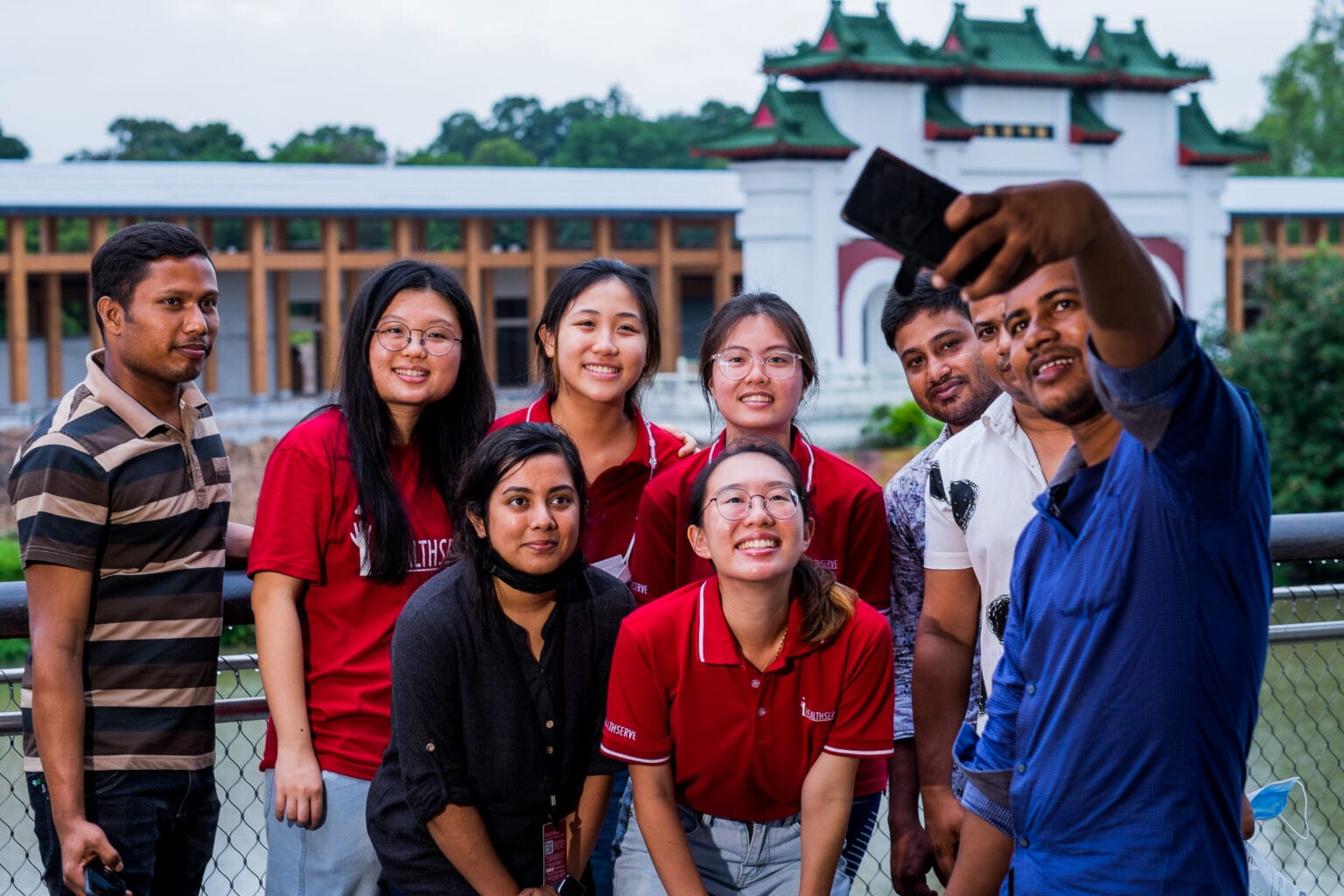
- More broadly, MWs were found to be particularly vulnerable to scams and financial crimes. Awareness and access to financial literacy and crisis support mechanisms were identified as possible solutions. Ideally, solutions should: (i) help them manage their money better or (ii) reduce chances of them losing it.
- Interestingly, while MWs faced frequent financial challenges, their use of financial assistance was low and was also the least well known support assistance to MWs. This suggests a genuine gap in the use of financial assistance despite the trend of increasing need.
- While workers are key to upskill, they don't have enough time, money (uncertain ROI on upskilling programs) and employer's blessings. (But these aren't flaws but features of our current system) Flexible, affordable and customized courses are key to bridging this gap. With upskilling, the goal is very clear: it must help them make more money.
- English proficiency within the workplace was identified as a requirement for promotion. Beyond a career reason, MWs also said that a good command of English enables them to be a good role model for their children (so there is an emotional reason too).
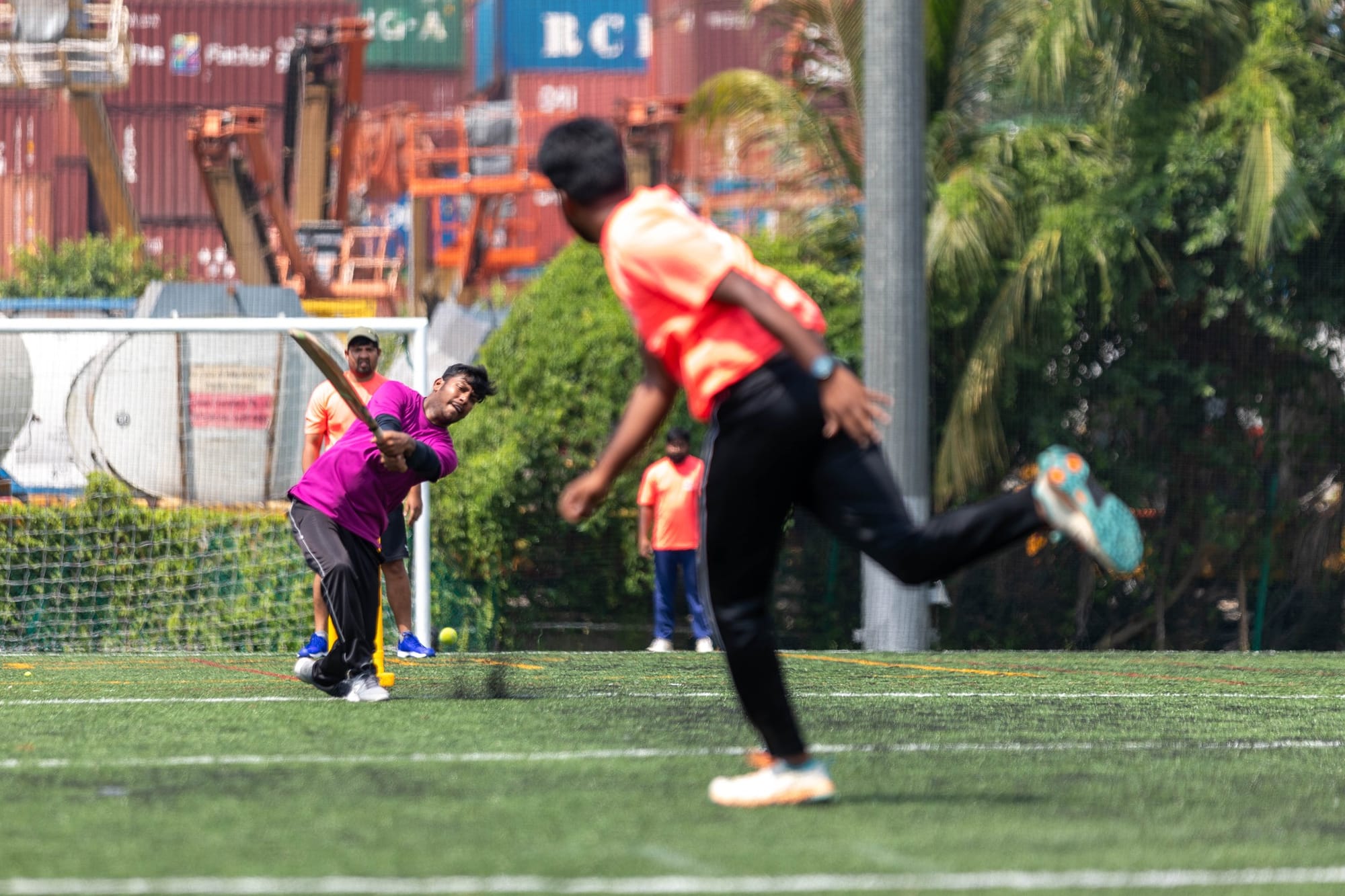
- MW's immediate focus for relationships are at the workplace because it brings direct benefits to their work. In fact, they seek stronger integration within their workplace communities over integration with the wider Singaporean society. Interestingly, they perceived relationships with locals to be more transactional than relational (i.e. locals only reached out when they needed something from migrant workers - wow!)
- MWs expressed a desire for more sporting events and celebrations within their communities, such as volleyball and cricket tournaments or cultural celebrations like CNY and Deepavali. They hoped for their company, dorms or external org to facilitate these activities and were interested to co-create activities too.
- Despite what is mentioned in the point above, TMT still feels that it'd be valuable to explore new ways to foster stronger inclusion in Singapore society. Some ideas could include cultural exchanges and join community service projects. But likely that building workplace relationships would be a higher priority for Scaffold Fund.
What questions need to be answered?
To develop more meaningful solutions, I think the following questions need to be answered:
- How much does completing education cost and given their low monthly wages in Singapore, what is the gap that needs to be made up? Also related: how much does buying land cost?
- What are the restrictions on a MW's ability to earn outside of their job? (e.g. can honorariums be a legal form of income or will that be considered moonlighting?)
- What are existing career guidance support or upskilling pathways available to migrant workers in Singapore?
- What incentive do employers have to upskill workers or provide better career support given the system is exploitative in nature? (i.e. does our system want them to progress?)
- What is IMDA doing to prevent Singaporeans from falling for scams, what is MOM ACE doing to prevent MWs from falling for scams and what can be learnt from these efforts?
- What is the estimated number of migrant workers falling prey to scams or predatory lending?
- From a non-policy perspective, what are other interventions available to Singaporeans for upskilling and career guidance?

Possible Ideas
Reflecting on the above information, here are some opportunity statements I think could align well with the Scaffold Fund's intent and corresponding ideas:
[OS1] How might we build upskilling pathways linked to career dev and aspirations of MWs given that they lack time, money and employer blessings?
- Mentoring SG equivalent - To help with career support, we could create a mentoring initiative, similar to the Mentoring SG movement, that is tailored to the nuances of migrant workers. This professional mentoring could happen in two ways: (i) Singaporean -> Migrant or (ii) Migrant -> Migrant and it could even be (iii) Migrant -> Singaporean
- Inclusive Business Incubator - Adapt existing startup incubator curriculum to MWs' educational backgrounds and learning styles and provide training to help them acquire core business skills and launch a prototype to practice these skills, targeted at workers who are more senior and thinking of going home. Additional funding to support their ideas when they return home could also be raised.
- Design upskilling workshops aligned to one Skills Framework developed by SSG - these existing frameworks map key skills and job roles for various industries, which could serve as the 'plan' for career progression for MWs. The idea is to choose one that might be most relevant to MWs (e.g. has high earning potential such as Design work which enables them to work remotely in Bangladesh and earn in USD) and train them in the skills required
- Sponsor a Duolingo subscription for MWs - English is the most learned language on Duolingo and it enables them to learn English in their native language (Bengali, Hindi, Tamil, etc). The value add for a project could be to create an offline community with opportunities for them to practice English with locals and each other - research has shown that MOOCs work better when people do those with an offline community.
[OS2] How might we support MWs to make better financial decisions and reduce their vulnerability to scams?
- Money Circles for MWs - Adapt from existing Honesty Circles run by Playmoolah (which could be a potential partner) and work with banks or credit co-ops who could take on MWs as a potential client to provide financial literacy programs, loans and short term financial assistance.
[OS3] How might we support MWs to cultivate better social relationships, preferably at work?
- Inter-Company Sports Tournament / Olympics - similar to our National School Games. Get companies to form teams with their workers to participate in these games, to foster team bonding. Make prize attractive for employers to get them to want to participate. The sporting activities could be related to their work and it could be a cross company family fun day of sorts
- Interfaith facilitators by MWs - train a group of MWs to be interfaith facilitators, engaging with Singaporeans at their shared places of worship, as a different and innovative way to build bridges between MWs and locals.
